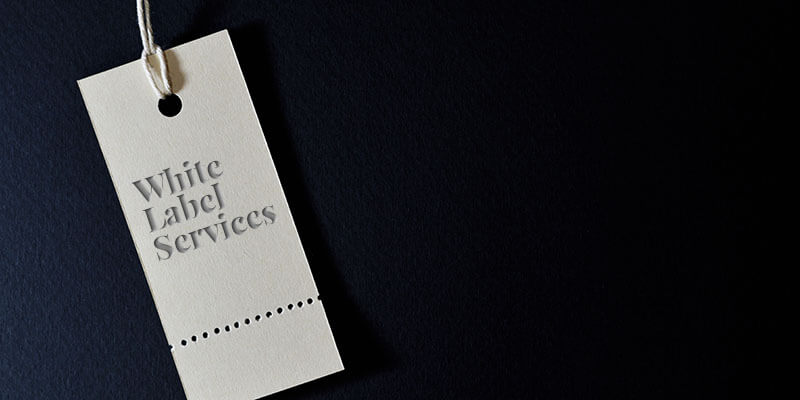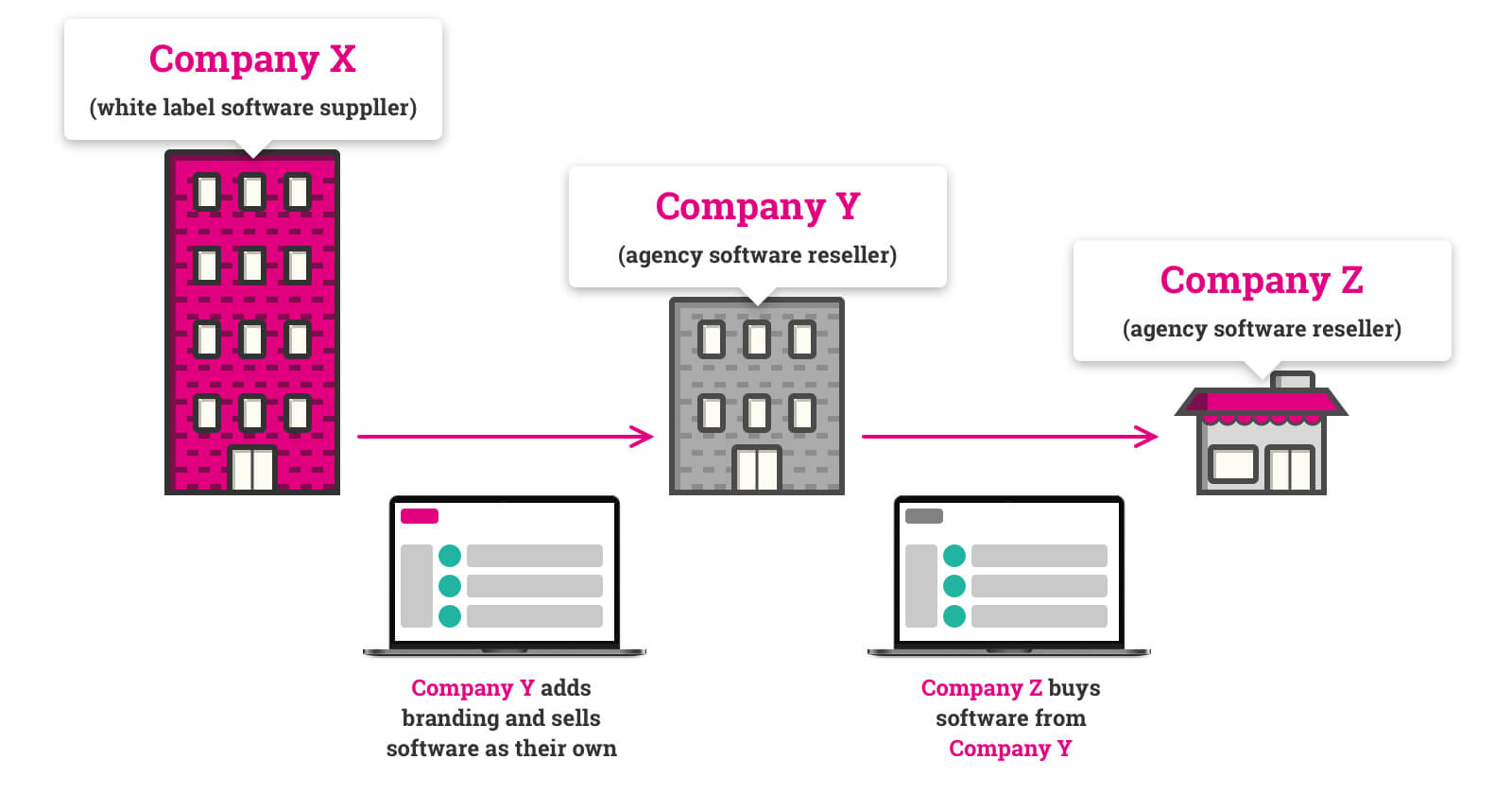White Label Definition: What is White Labeling Software?
Lead: White labeling refers to a method of rebranding products and services which originated from another company. Third party software has become a commodity for white labeling for marketing companies that do not want to devote their resources to creating software.
White labeling allows a brand to sell and rebrand another company’s products or services under their own banner. It is legal and does not violate any existing corporate laws. The term “white labeling” comes from the common practice of ‘whiting out’ something that one wants to rewrite.
Following this definition, a white label product is manufactured by a certain company but sold under a completely different brand name. When you use the white labeling technique to move forward with your company, you are basically selling products that were created by someone else. White label products are mass produced frequently.

Interestingly enough, even services can be white labeled, but you shouldn’t confuse it with outsourcing. If you want to “white label” a service, you must purchase it from another company and then and rebrand it as your own service.
In some cases, companies produce items and services without making any significant investment in the infrastructure or production. The creators can then accelerate sales by granting another company the right to sell white label versions of the same product or service. As a result, both companies stand to gain something.
Entrepreneurs thrive on innovation, which is why white labeling can seem like an unusual choice for many. However, white labeling does allow companies to make their own small changes and infuse products with their brand or ideas.
Coming up with a customized solution to meet the parameters of your business can backfire in the following ways:
- You might end up making mistakes that companies before you have overcome already.
- Your progress will be slow, and it will be a while before you can market your products correctly.
- Investing capital in developing solutions that are already existent can prove to be a waste.
- You will deprive yourself of the existing resources in your specific field of interest.
Choosing a white label solution will easily solve your problems because you will not have to build your company from scratch. All you have to do is buy white label products and services without their original branding. This will allow you the flexibility of incorporating your brand logo into the acquired products so that buyers can associate the final product with you. White labeling operates as a division of your practices, and it does not deprive any company of their goals. The manufacturers focus on finding innovative ways to keep producing sellable items while the resellers take on the task of marketing.
Manufacturers sell white labeled products at a fixed price to the resellers. After the purchase is complete, the reseller is free to sell the products at a higher price than what they bought it for. They can set any price they like because they earn the right to market the products without any restriction.

However, one should be aware that the products will exclusively carry only the reseller brand’s name. This means that a negative response will cause as much damage as a positive response will lead to profit. The same pricing theory applies to white labeled services as well. White labeled services are bound by contract and function independently under the reseller’s company.
A large number of industries have begun to adopt white labeling, which has made it a rather common practice. Just like retail stores can rebrand and market another company’s products, even software companies can do the same for software or any other virtual assets. However, there is a disagreement in the community as to whether software should be white labeled as a service. As always, there are pros and cons to consider.
Pros:
- Increases the credibility and trustworthiness of a brand
- Cements customer loyalty to a brand
- Helps to save valuable resources like time and money
Cons:
- Pricing can be tricky when it comes to white labeling software
- Credit is not given where due
Marketing agencies are finding it beneficial to white label another company’s software because it helps improve the digital marketing process. When customers see their brand’s imprint on the software they are using, it helps to create brand awareness and build a sense of credibility. Marketing agencies also find white labeling to be a cost-effective option. They can cut back on the time and capital that would have otherwise gone into creating that software. They take advantage of a perfectly designed software and devote their resources to making it accessible to customers.
On the other hand, white labeling can also backfire at times if companies are not careful. Profiting off third-party software is not a crime, but marketing agencies must ensure that they do not upcharge a product by a very wide margin. When customers discover that they are being duped into buying products that are insanely overpriced as compared to their manufacturing costs, it can lead to degradation of customer relationships.
Brand credibility is a rather tricky concept because consumers are easily swayed. As long as a brand is well-reputed and provides impeccable services, there is no need to worry.
If you are unsure as to whether you should engage in the white labeling business, do not worry. Take your time because it is a big decision to make. However, there are certain advantages that no one can deny.
1. Branding is easy: White label solutions come ready-made, and all you have to do is brand it well. You will not have to concentrate on research. Just add your own brand’s touch and move on.
2. Customers are satisfied: Your customers will have their needs frequently met, which will keep them from searching for other companies.
3. You will save a significant amount of resources: If you are running on a budget or other limitation, white labeling will allow you a certain degree of flexibility.
4. You can improve your business’s competency: Since you will not have to focus on production, you can focus on making your company more efficient.
Are you ready to try out white labeling?